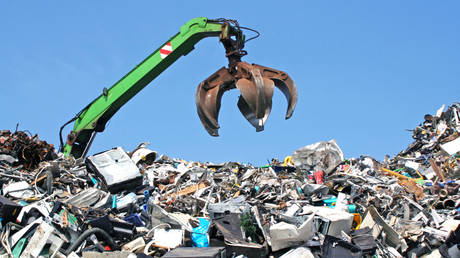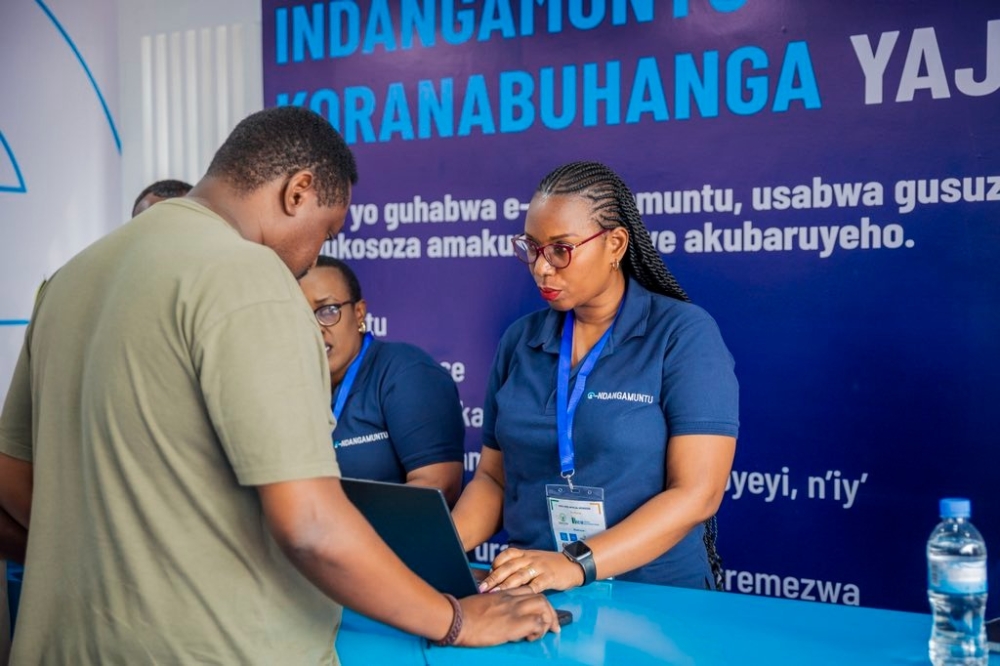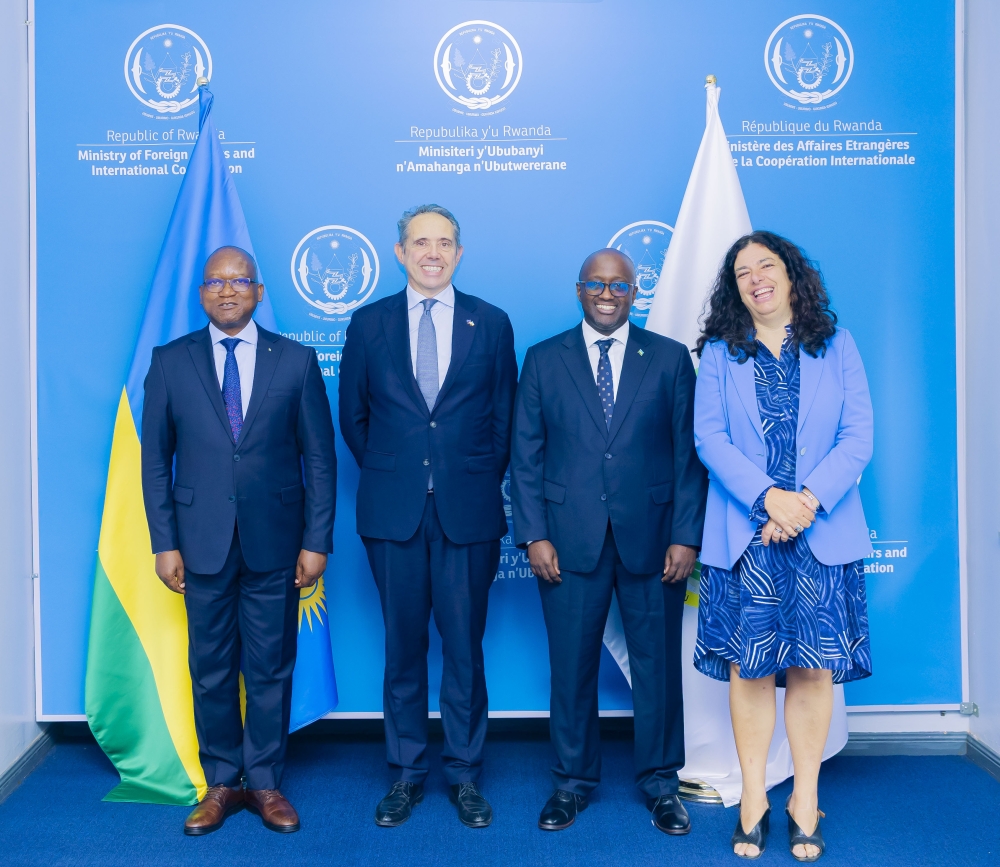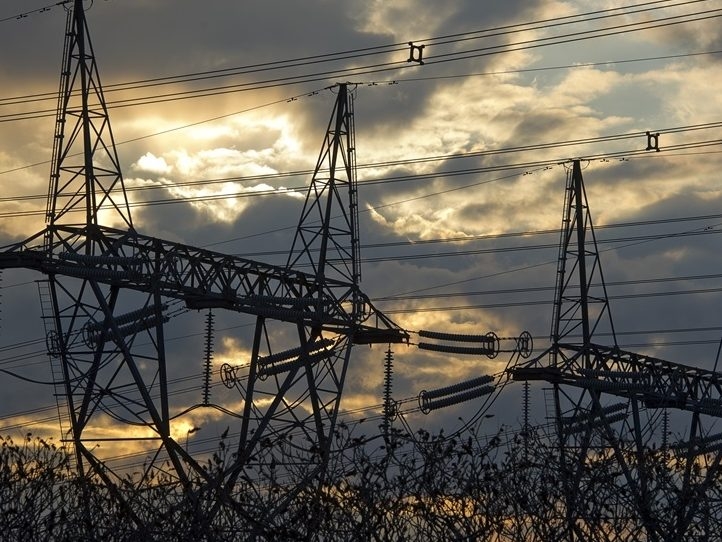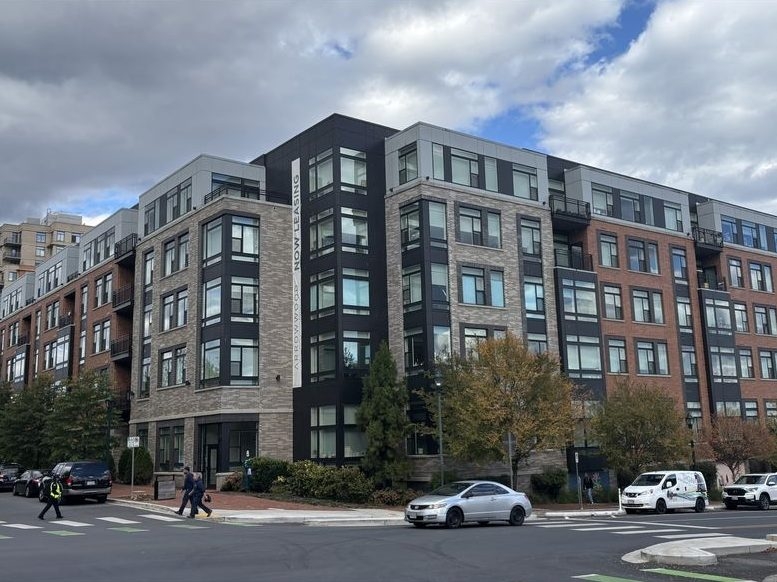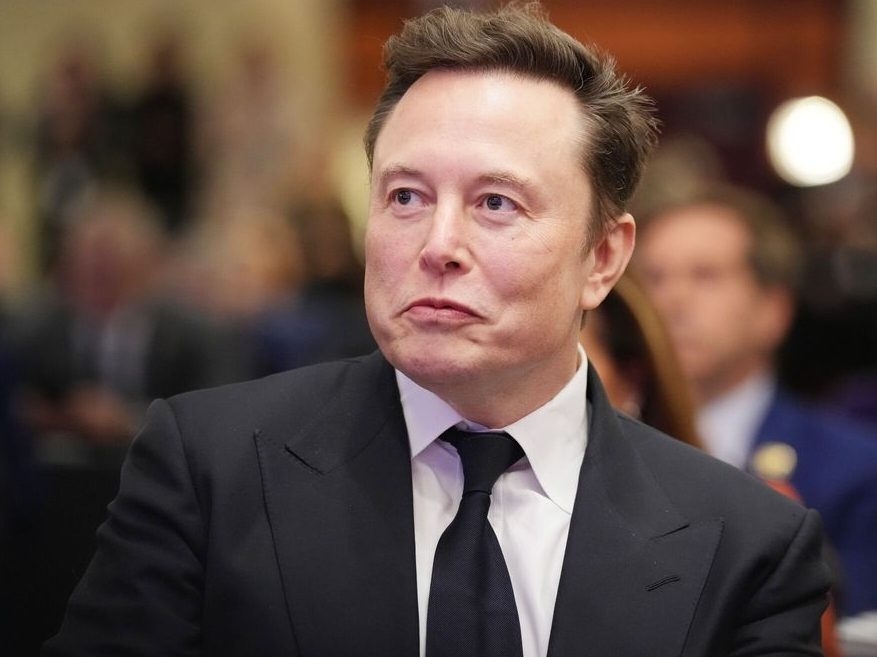
(Bloomberg) — Elon Musk, the world’s richest person, spent the end of Tesla Inc.’s earnings call pleading with investors to approve his $1 trillion pay package and blasting the shareholder advisory firms that have come out against the proposal.
“There needs to be enough voting control to give a strong influence, but not so much that I can’t be fired if I go insane,” Musk said, interrupting his chief financial officer as the more than hour-long call wrapped up.
It was classic Musk: a fiery end to what had otherwise been a ho-hum earnings call largely devoted to Tesla’s artificial intelligence, humanoid robot and self-driving initiatives. Shareholders will vote on the pay package at Tesla’s Nov. 6 annual meeting in Austin.
Tesla shares dropped 3.9% at the start of premarket trading Thursday in New York. The stock is up almost 9% for the year, trailing the 14% advance by the S&P 500 Index.
Proxy advisers Institutional Shareholder Services and Glass Lewis have recommended that investors reject the unprecedented payout to Musk, the value of which is dependent on Tesla reaching a litany of market value thresholds and operational milestones. ISS cited “unmitigated concerns” with the magnitude and design of the award, while Glass Lewis took issue with its potential to dilute other shareholders’ ownership.
Musk emphasized, as he has in the past, that sufficient voting control matters more to him than monetary compensation from Tesla.
“I just don’t feel comfortable building a robot army here, and then being ousted because of some asinine recommendations from ISS and Glass Lewis, who have no freaking clue,” he said.
After Musk was finished, Tesla CFO Vaibhav Taneja resumed his closing remarks, praising the “amazing job” that the special board committee did in constructing the award.
“There’s nothing which gets passed on until the time shareholders make substantial returns,” Taneja said, urging shareholders two more times to vote in favor of the plan.
Musk, 54, ranks No. 1 on the Bloomberg Billionaires Index with a net worth of about $455 billion.
